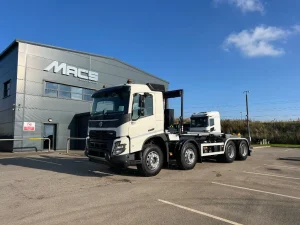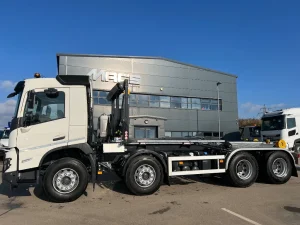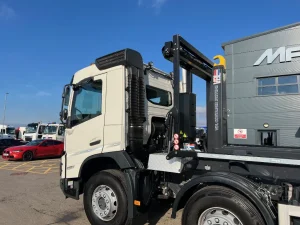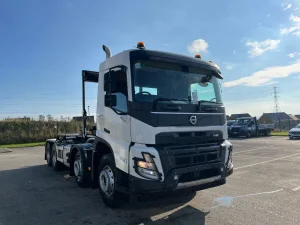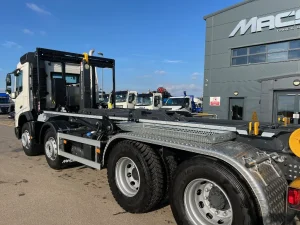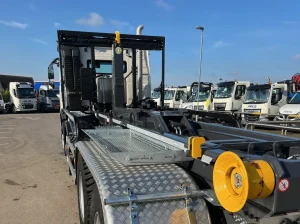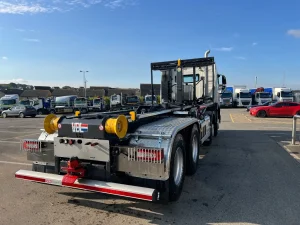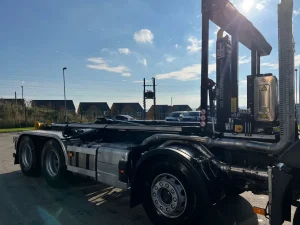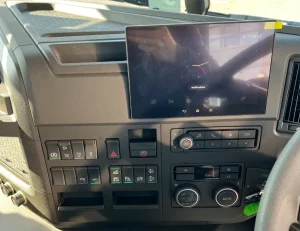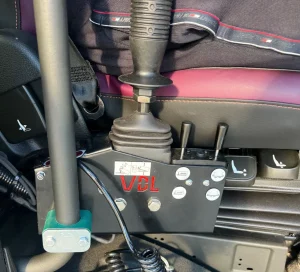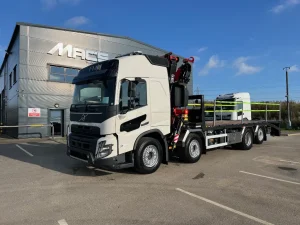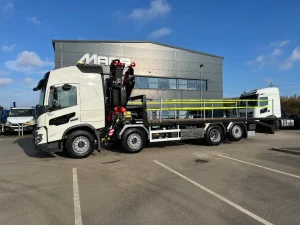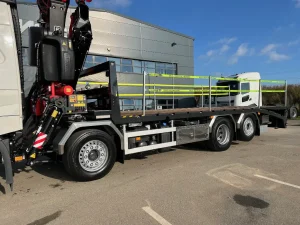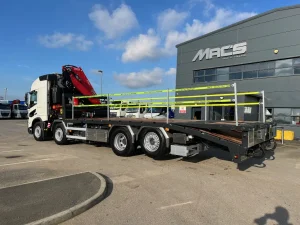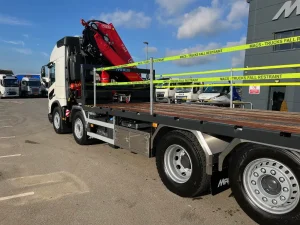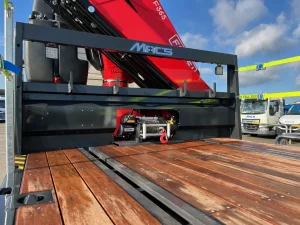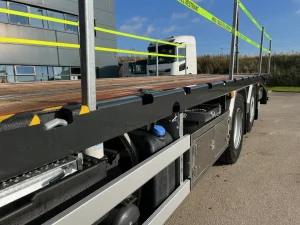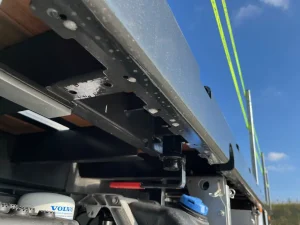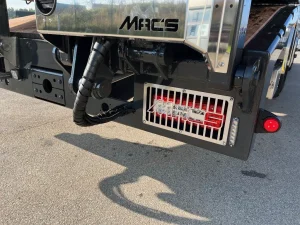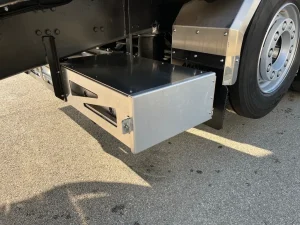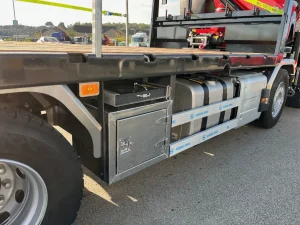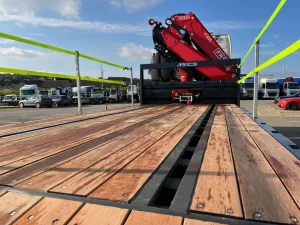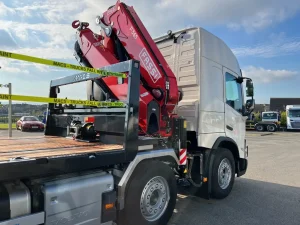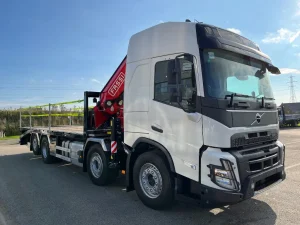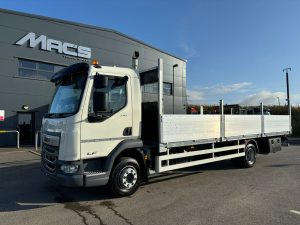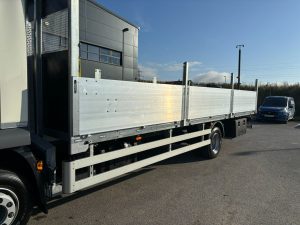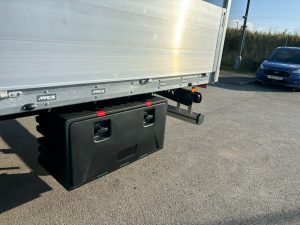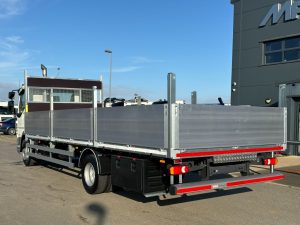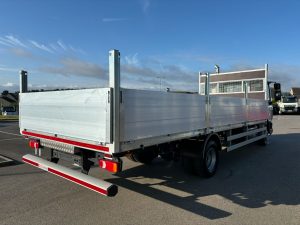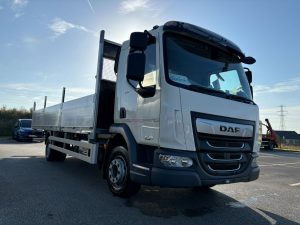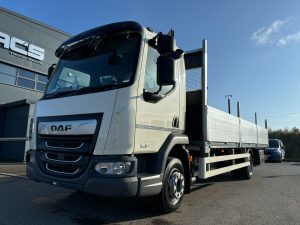The UK government, has acknowledged that the upcoming post-Brexit border checks, scheduled for enforcement in 2024, will impose a minimum annual cost of £330 million on British companies. The introduction of extra bureaucracy for imports of food, animal, and plant products from the EU was initially scheduled to be implemented starting in October. However, due to concerns about the potential inflationary impact of the additional expenses, the implementation has been delayed.
According to Baroness Lucy Neville-Rolfe, the outcome will significantly hinge on how businesses modify their business models and supply chains to incorporate the new control regimes. In a letter addressed to Stella Creasy, who chairs the Labour Movement for Europe, Baroness Neville-Rolfe stated, “We project these new costs for the model to be £330 million annually, encompassing all EU imports.”
As of January, European businesses exporting animal and plant products to the UK will be obligated to submit extra documentation, namely export health certificates. Physical checks, incurring costs of up to £43 each, are set to be implemented from April 2024. These checks represent one of the 20 significant policy changes to affect British companies engaged in international trade by the end of 2024.
Challenges Of Increased Border Checks
The challenges posed by increased border checks are multifaceted. Stricter border controls inevitably result in delays in the transportation of goods, thereby extending lead times for deliveries. These delays can also contribute to higher transportation costs, as businesses may be compelled to invest in more efficient transportation methods or explore alternative routes. Additionally, the disruptions caused by delays in transportation may give rise to increased inventory holding costs, prompting businesses to store larger quantities of goods as a precaution against potential supply chain disruptions.
The heightened uncertainty induced by changing regulations and compliance requirements further complicates the ability of businesses to plan and execute supply chain activities with confidence. Moreover, extended lead times and uncertainties within the supply chain can strain relationships with suppliers and customers, potentially impacting customer satisfaction and the reliability of supplier partnerships.
Mitigating Strategies For Businesses
- Diversification of Suppliers & Markets: To reduce dependence on a single supplier or market, businesses can diversify sources of supply and expand into new markets, providing more flexibility in the face of disruptions.
- Enhanced Visibility & Collaboration: Improved visibility across the supply chain and collaborative efforts with suppliers and logistics partners can help anticipate and address potential disruptions more effectively.
- Technology Integration: Implementing advanced technologies such as real-time tracking, IoT devices, and data analytics can enhance supply chain visibility, making it easier to monitor and manage disruptions.
- Regulatory Compliance & Documentation: Ensuring compliance with border regulations and maintaining accurate documentation can help expedite the customs clearance process and minimise delays.
- Risk Management & Contingency Planning: Developing robust risk management plans and contingency strategies can help businesses respond quickly to unforeseen disruptions, minimising their impact on operations.
Turning Border Challenges Into Opportunities
The challenges posed by increased border checks provide a compelling rationale for businesses to consider investing in a new HGV truck or lorry. By strategically addressing the operational and efficiency needs highlighted by these challenges, businesses can turn adversity into an opportunity to enhance their logistics capabilities and strengthen their overall supply chain resilience.
Mac’s Trucks specialise in high quality HGV trucks and have been a truck dealer for over 50 years. Our commitment extends to providing high-quality new and used trucks, as well as trailers and various commercial vehicles. We offer a wide range of commercial trucks for sale, including crane trucks, beavertail trucks, rigid trucks, tractor units, tipper trucks, and builders merchant trucks. With a diverse selection of vehicles from leading brands such as Volvo, Scania, DAF, MAN, and Mercedes-Benz, among others. Contact us today to enhance your logistics.


